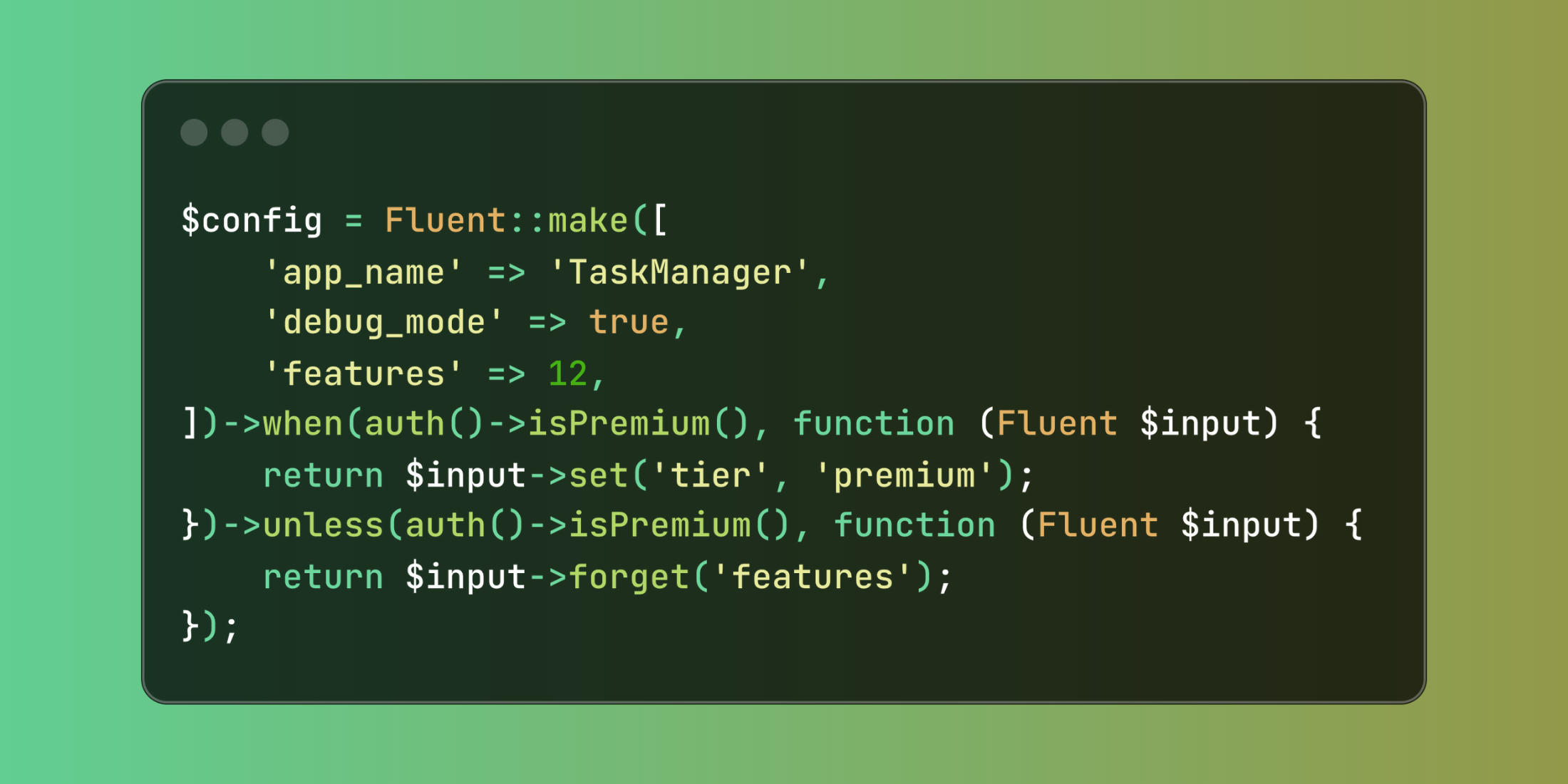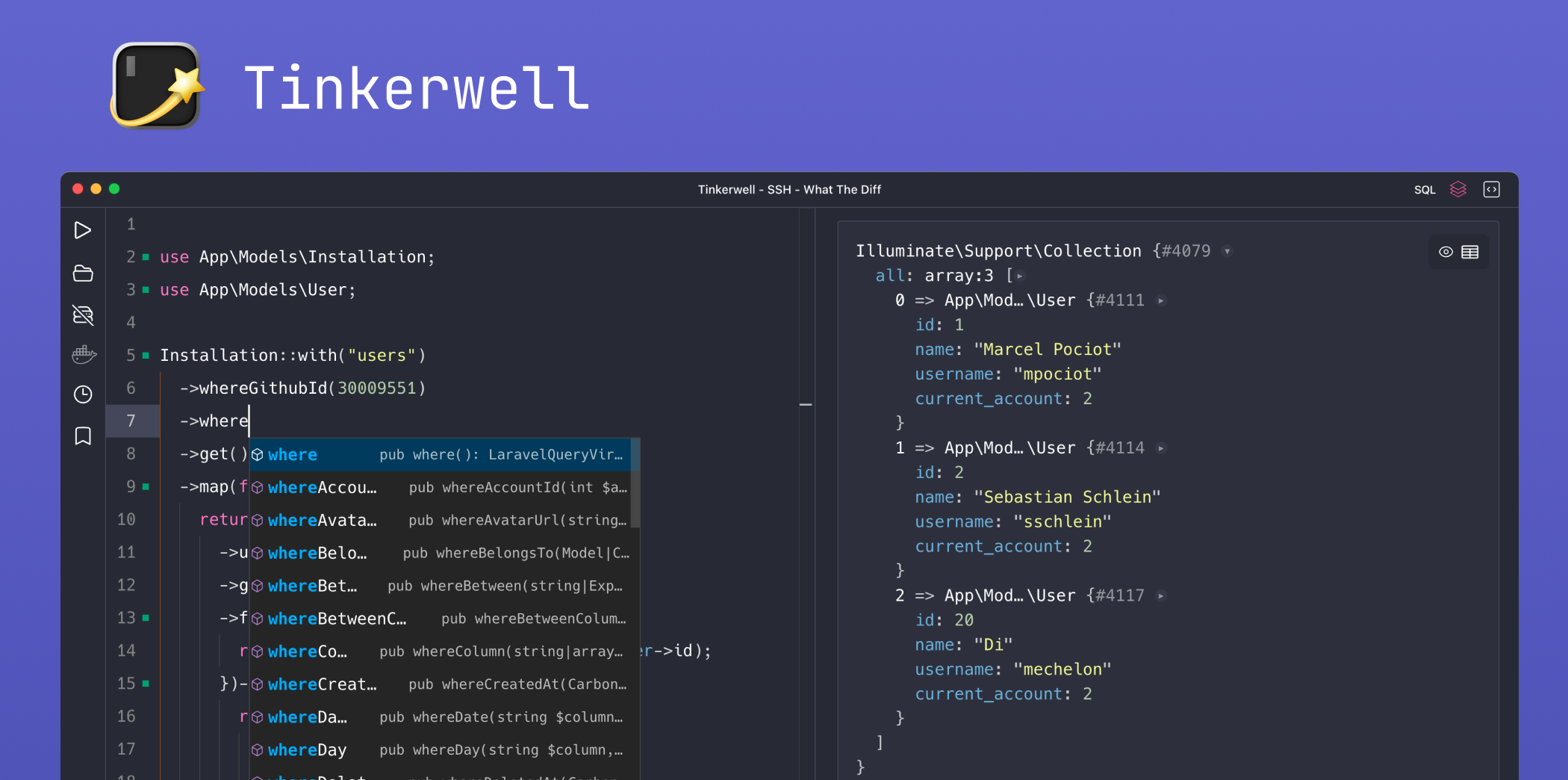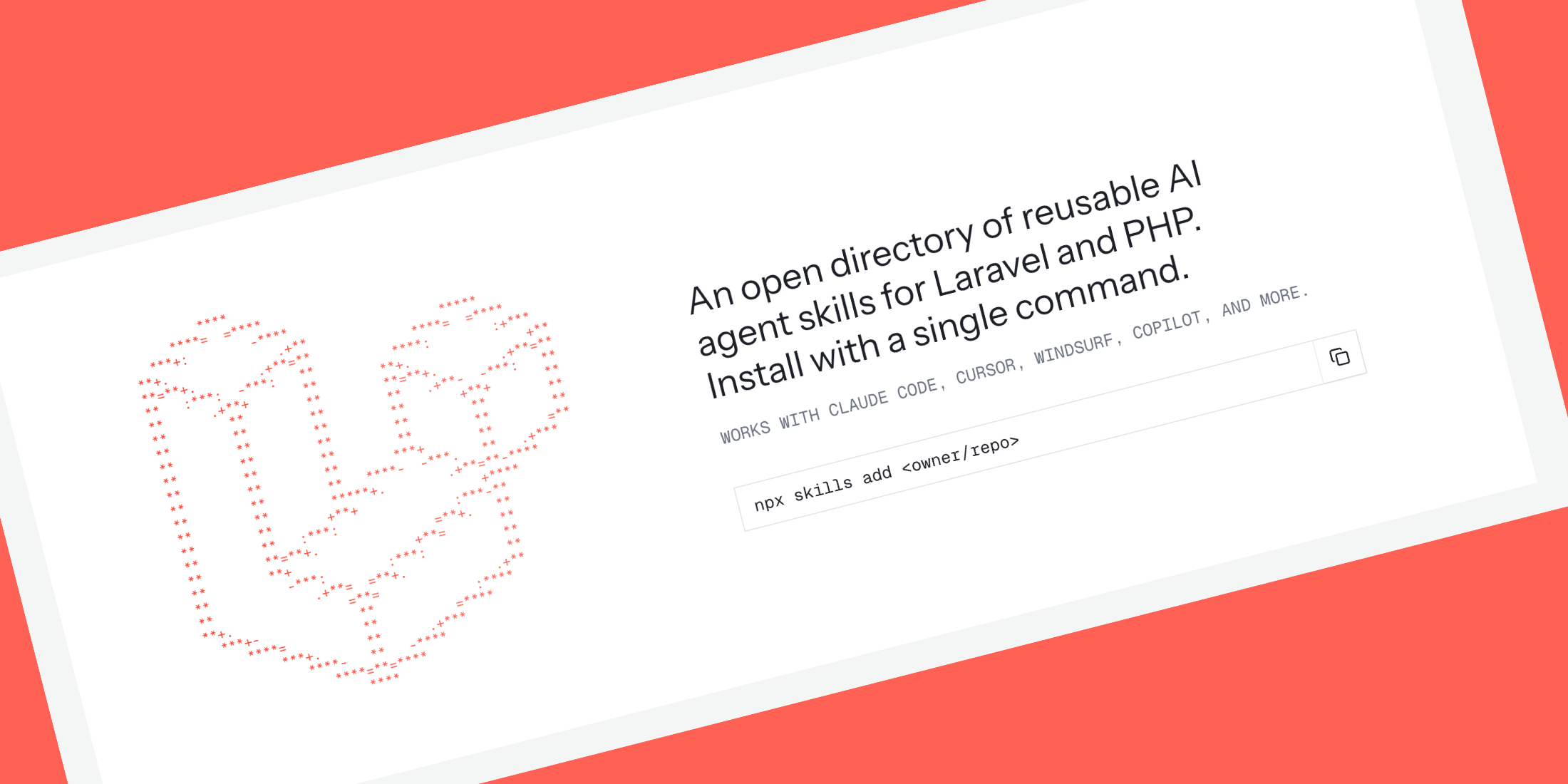Streamline Conditional Logic with Laravel's Fluent Conditionable Trait
Last updated on by Harris Raftopoulos

Laravel enhances code readability by adding the Conditionable trait to the Fluent class, enabling developers to execute conditional operations through a fluent interface that maintains method chaining without breaking code flow.
The Conditionable trait allows conditional execution of operations using when() and unless() methods, transforming traditional if-else statements into expressive, natural-language-like code. This approach prioritizes readability while maintaining functional elegance.
Consider the difference between traditional and fluent conditional approaches:
Traditional Conditional Logic:
$config = Fluent::make([ 'app_name' => 'TaskManager', 'debug_mode' => true, 'features' => 12,]); if (auth()->isPremium()) { $config = $config->set('tier', 'premium');} else { $config = $config->forget('features');}Fluent Conditional Logic:
$config = Fluent::make([ 'app_name' => 'TaskManager', 'debug_mode' => true, 'features' => 12,])->when(auth()->isPremium(), function (Fluent $input) { return $input->set('tier', 'premium');})->unless(auth()->isPremium(), function (Fluent $input) { return $input->forget('features');});The fluent approach maintains operational flow without interrupting method chains. It reads naturally: "Create a Fluent object with these properties, when user is premium add the premium tier, unless user is premium remove the features count."
This pattern proves particularly valuable when preparing complex data structures:
use Illuminate\Support\Fluent; class ProductResource{ public function toArray($request) { $product = $this->resource; return Fluent::make([ 'id' => $product->id, 'name' => $product->name, 'price' => $product->price, 'available_since' => $product->created_at->toDateString(), ]) ->when($request->user()->can('view-analytics'), function (Fluent $data) use ($product) { return $data->set('view_count', $product->views()->count()) ->set('purchase_count', $product->orders()->count()); }) ->when($product->isOnSale(), function (Fluent $data) use ($product) { return $data->set('sale_price', $product->sale_price) ->set('discount_percentage', $product->discount_rate); }) ->unless($request->includesSensitiveData(), function (Fluent $data) { return $data->forget('cost_price') ->forget('supplier_info'); }) ->when($product->hasReviews(), function (Fluent $data) use ($product) { return $data->set('average_rating', $product->averageRating()) ->set('review_count', $product->reviews()->count()); }) ->toArray(); }}This approach enables building response data conditionally based on permissions, product states, and request parameters while preserving code flow and readability. Each condition clearly expresses its purpose without breaking the logical sequence of operations.
The Conditionable trait transforms complex conditional logic into expressive, maintainable code that communicates intent clearly while reducing cognitive load on developers reading and maintaining the codebase.
















